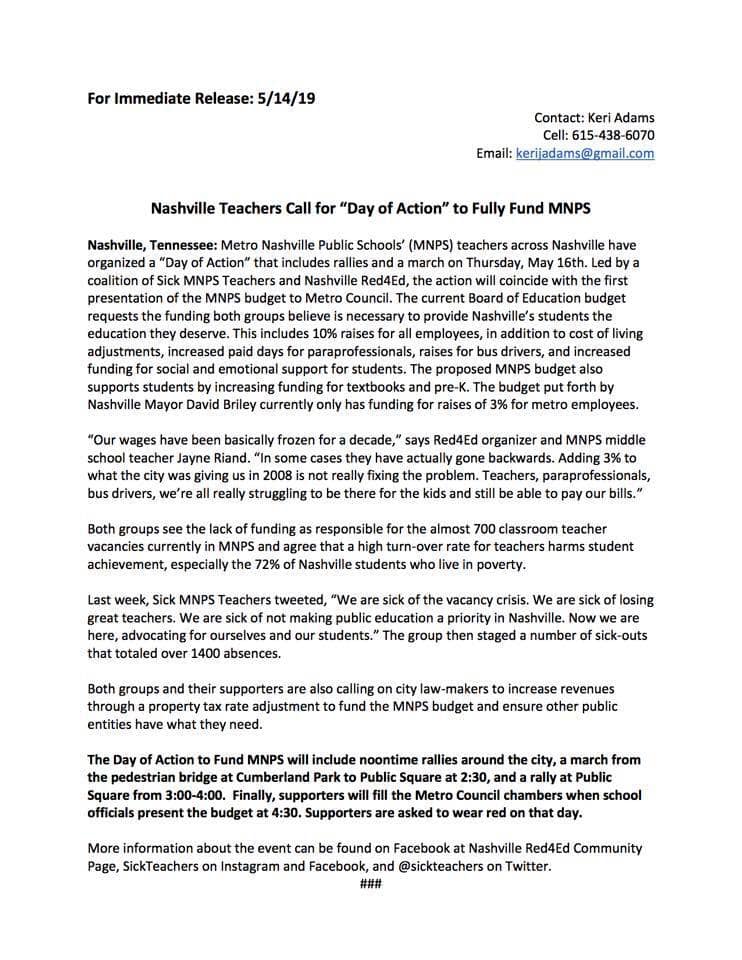JC Bowman, executive director of Professional Educators of Tennessee, offers thoughts on district leadership as the “summer of change” approaches.
It’s that time of year when we see changes in leadership across the state in our schools. Superintendents will leave and be replaced. It matters to all of us whomever a school board places in leadership. In some cases, you will see districts go outside their district and pick new leadership while others will promote from within. There are good choices and there are bad choices out there. So, to all school boards we say: choose wisely. In my circle we call this time of the year the Dance of the Lemons and/or the Parade of Favorites.
A school district must have competent leadership managing the daily operations of the school district. A good superintendent leads the districts educational, financial and administrative performance; facilitates the performance of all personnel; and responds to and informs stakeholders and policymakers about the performance and leadership of the district. Probably one of the most important duties of the superintendent is to make sure district students are learning and achieving at the highest level possible.
A superintendent must understand effective academic practices and be supportive of the teachers and administrators in the district. Leadership, vision, and strategic thinking are critical skills for every superintendent. A successful superintendent should also be an effective and excellent communicator. If the only voice a superintendent will listen to is his/her own, or a few members of the school board, public education will eventually lose community support. Does that mean that we simply accept decisions from superintendents, without challenging them? Of course not!
Stakeholders and policymakers must particularly hold Superintendents accountable in regard to educational, financial and administrative performance. However, we should provide them latitude in regards to leadership, vision and strategic thinking on how to address the performance in those areas. And we must expect them to communicate effectively to ALL stakeholders.
Superintendent, like principals, must also demonstrate a keen understanding of teaching, learning and what works for students. As a change leader, a successful superintendent should emphasize the efficient use of resources, personnel, and data to break down resistance and drive systemic change; empower board and personnel to set goals, measure results, develop accountability, and support planning, evaluation, and resource allocation.
As far as degrees and experience go, that really depends on the person. Practical knowledge is likely more important than theoretical knowledge. We have all seen people with advanced degrees who were unable to apply that knowledge to the real world. I think executive experience might be critical in a larger district. Keep in mind that education is a business, as much as it is a service. In most districts, the school system is one of the largest employers in the community. Teaching experience and some building-level administrative experience is strongly suggested, because it gives the person in charge at least a background in what the educators in the schools face on a daily basis.
In my own experience, I am never concerned with the WHO in a position. I would look at the philosophy of the person, their background and their vision. A smart school board would not focus on what an applicant would do similar to continue the work of the exiting predecessor, but rather how he or she would differentiate from the previous occupant. You must have a plan to build on the work of the previous administration, not merely maintain the status quo.
Probably the greatest weakness by some superintendents, in my opinion, has been the lack of empathy toward educators. It is one thing to be relentless in support of excellence for children, it is another to manage completely by fear. Personnel drives policy. How you treat your employees is also a reflection of character. Several districts are well-known for unnecessarily treating educators harshly. These districts must understand that schools are not factories, students are not widgets, and personnel are not simply interchangeable on a whim.
Certainly, some educators have been forced to leave their school system for subjective reasons, rather than objective reasons. Actions speak louder than words. In some cases, dismissal may have been warranted, but in many cases, it appears circumstances were little more than personality conflicts and people not fitting into a certain educational or political environment. We have lost some good educators in our state because of this subjectivity, and I would argue many of these educators deserve another chance to keep their career going.
No matter who your district hires—whether from within or bringing in an experienced educator from outside—give that new leader a chance. Don’t be afraid to hold them accountable. Make sure that your local school board has fully vetted the candidate, and takes the time to select the best person for the children, educators, parents, and taxpayers in your community.
For more on education politics and policy in Tennessee, follow @TNEdReport
Your support makes reporting education news possible.




